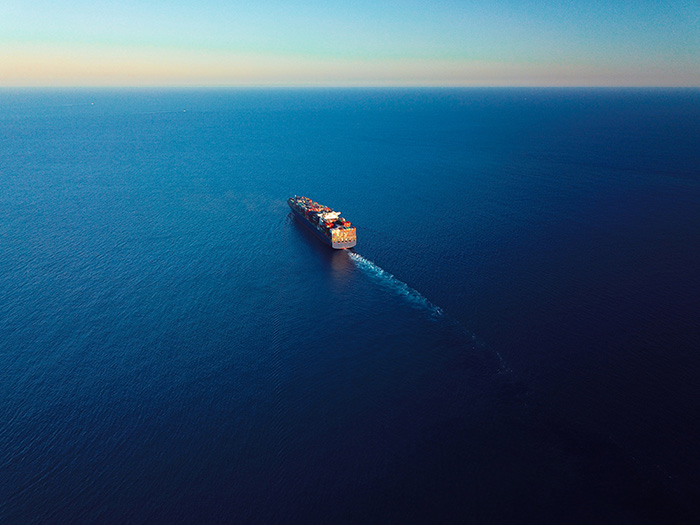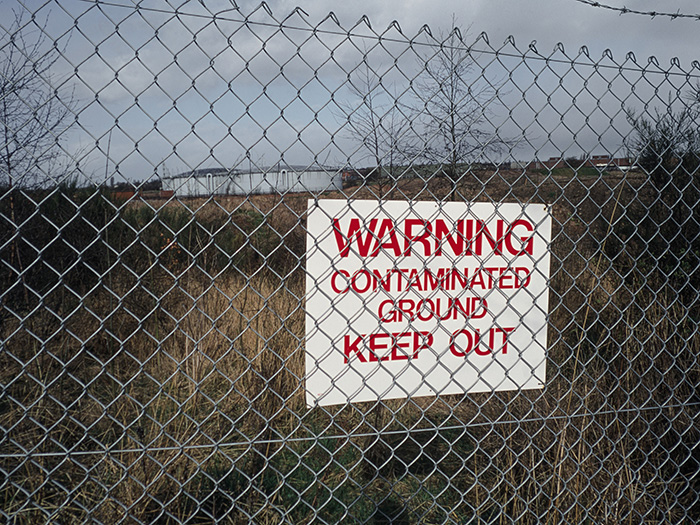A Ship Carrying $400 Million Worth of Luxury Cars Is on Fire in the Middle of the Atlantic. Who Foots the Bill?

A ship carrying millions of dollars worth of luxury cars caught fire and was stranded in the middle of the ocean.
The fire, which started on February 16, burned for days before salvage crews were able to board and tow the ship to safety, the Wall Street Journal reported. All of the 22 crew members aboard the ship were rescued and are uninjured.
The luxury vehicles were on their way from a Volkswagen factory in Germany to Davisville, Rhode Island, The Guardian reported.
From there, they would have likely made their way to the homes of their owners, many of whom ordered the vehicles months ago. Brands that are part of the Volkswagen group and were aboard the ship include Porsche, Audi, Bentley and Lamborghini.
Now, owners of the vehicles on board the ship may be wondering will they have to pay for this loss? Or will Volkswagon foot the bill?
Personal or Commercial Insurance: Who’s on the Hook for the Felicity Ace Fire?
Owners of the cars can breathe a sigh of relief. Customers don’t technically own the cars until delivery so their personal auto insurance won’t be engaged.
Instead, the commercial insurance policies held by the automakers and cargo companies will have to pony up for the well-over $4 million in losses. An estimated $438 million of goods were on the ship, according to an estimate from insurance experts at Russell Group.
Of those, $401 million were cars, none of which are likely to be salvageable. Now that ship has been abandoned, the fire will likely jump from vehicle to vehicle, potentially gutting each car. The cause of the fire is yet to be confirmed, but the lithium-ion batteries inside the cars are likely contributing to the continued blaze.
Though insurance policies may step in to cover lost cargo, they can’t magically generate new vehicles to replace the ones lost to the sea. Owners of the vehicles can benefit from looking back at past instances of cargo ships sinking with cars on board to understand how Volkswagen will handle the situation.
Since 2002, at least eight major incidents involving vehicle carrier ships have occurred, Autoweek reported. One of these incidents, the capsizing of the ship the Golden Ray in 2019, shows precedent for Volkswagen’s potential response.
When a number of Porches went down in the Golden Ray capsizing, the company reproduced the cars in the order as they had been intended. The company plans to take a similar move for the cars lost in the Felicity Ace fire.
“We are already working to replace every car affected by this incident,” Porsche spokesperson Marcus Kabel told Bloomberg. “The cars will be as close as possible to their original, ordered specification.”
Bentley also confirmed to Bloomberg that they intend to replace all 189 of its vehicles that were on board.
A Supply Chain Nightmare
Manufacturers may be willing to remake all of the lost vehicles, but some owners may not want to wait another several months for their cars.
Auto manufacturers across the globe have struggled with sourcing semiconductors, an issue that has resulted in months-long delays in new cars.
“These figures showed once again the precariousness of global supply chains. The incident comes at a bad time for global carmakers [that] are in the middle of a supply chain crisis sourcing semiconductors, resulting in new delays for new cars. An event like this will not do a great deal in instilling trust with consumers,” Suki Basi of the Russell Group said in a press release.
“Using our ALPS Scenario Factory, we identified that the Volkswagen brand and its subsidiaries do indeed have a significant exposure to this event, running into the millions.”
This isn’t the first time cargo ship mishaps have caused supply chain issues in recent memory. Last March, the cargo freighter the Ever Given lodged itself in the Suez Canal creating supply chain chaos for weeks after the ship was dislodged. &










